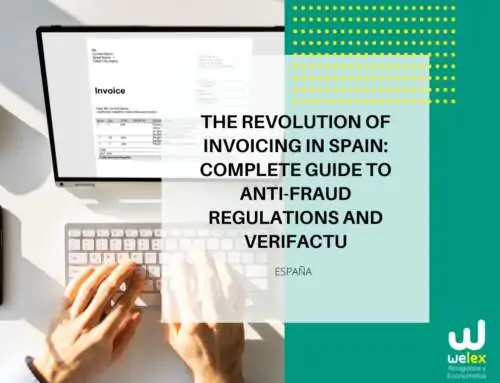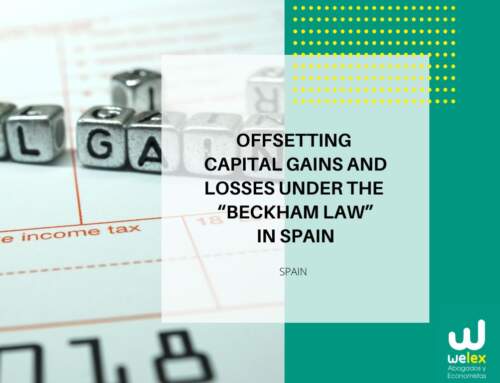The Beckham Law in Spain is formally known as a special tax regime designed for workers, professionals, entrepreneurs, and investors who move to Spanish territory. Despite its informal name, it offers a highly advantageous tax option for both foreigners and Spaniards returning after living abroad.
The main goal of the Beckham Law is to attract international talent and capital by offering more favorable taxation. Under this regime, individuals are only taxed on income earned in Spain, not on their worldwide income as in the general tax regime.
This key feature allows for significant tax savings and often helps avoid double taxation on income generated outside Spain. It’s no surprise that the Beckham Law is one of the most valued options by inbound taxpayers, potentially reducing their tax burden by nearly half compared to regular tax residents.
Who Can Benefit from the Beckham Law? Requirements and Updates (Since 2023)
- Not having been a tax resident in Spain during the five tax years prior to the year of relocation. This includes Spaniards returning after years abroad.
- The move to Spain must be due to:
- An employment contract (excluding professional athletes), including remote work with an international telework visa.
- Becoming a director of a company (with less than 25% ownership if it’s a holding company).
- Entrepreneurial activity established legally in Spain.
- Highly qualified professional activity related to startups or R&D/innovation, with over 40% of income from these sources.
- No income from a permanent establishment (PE) in Spain, unless the activity is entrepreneurial or innovation-based (points 2.3 or 2.4).
Does the Beckham Law Apply to Self-Employed Individuals?
No. The Beckham Law applies only to employees under a Spanish employment contract. It does not cover freelancers or self-employed individuals.
What Happens If I Lose My Job or Stop Working?
If the taxpayer stops working and doesn’t secure a new qualifying employment contract, they lose eligibility for the regime. If they change jobs, they may continue under the regime if the new contract meets all criteria, Spanish residency is maintained, and Form 151 is properly filed.
Main Tax Advantages of the Beckham Law
- Employment income: Taxed in Spain regardless of the payer or payment origin. Flat rate:
- 24% on income up to €600,000
- 47% on income above €600,000
- Investment income: Generally tax-exempt in Spain if foreign-sourced (e.g., dividends, interest, capital gains).
- Wealth Tax: Only Spanish-located assets and rights are taxed.
- Inheritance and Gift Tax: Beneficiaries are treated as residents and taxed under their regional community’s rules, regardless of asset location.
- Solidarity Tax on Large Fortunes: Applies only to Spanish assets, similar to Wealth Tax.
Potential Risks of the Beckham Law
There is a risk of double taxation on investment income (e.g., dividends) if the Spanish Tax Authority (AEAT) reclassifies them as employment income. Proper documentation is essential to prove that dividends are not disguised salaries.
Duration of the Regime and Family Inclusion
The regime applies for the year residency is acquired and the following five years (6 years total). Afterward, standard tax rules apply.
Since 2023, spouses and children under 25 may also apply if:
- They move to Spain with or within the first year of the main taxpayer
- They become tax residents in Spain
- They were not previously residents and have no PE in Spain
- Their taxable base is lower than the main taxpayer’s
They are also exempt from filing Form 720.
Can the Regime Be Extended Beyond 6 Years?
No. The maximum duration is 6 years. After this, the individual must file tax returns as a regular resident using Form 100.
How to Apply for the Beckham Law?
To apply, file Form 149. This form is also used to opt out of or be excluded from the regime. Those under the regime must file their annual Spanish tax return using Form 151.
Contact our tax advisory firm in Marbella for more information on the Beckham Law in Spain.






Social Media